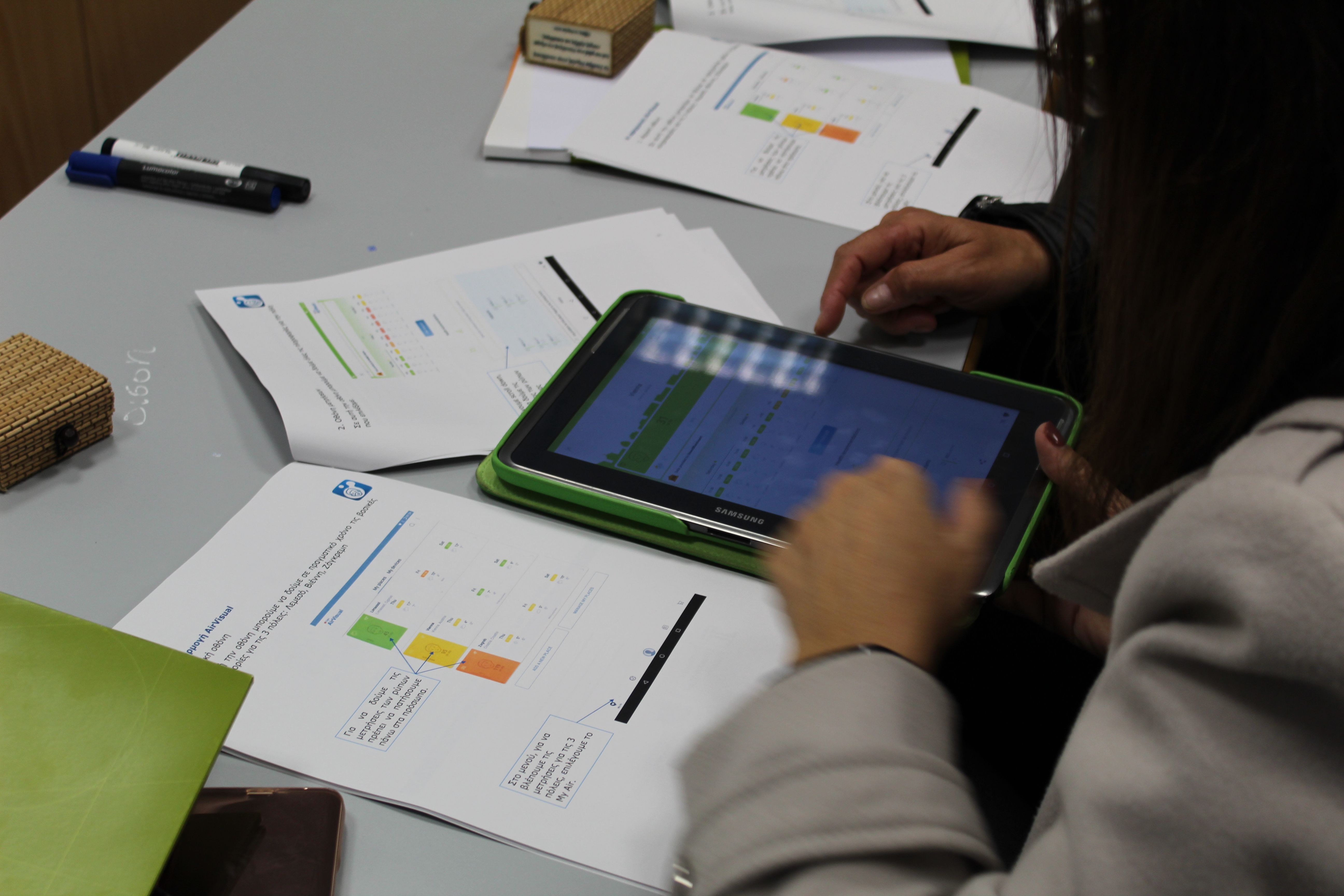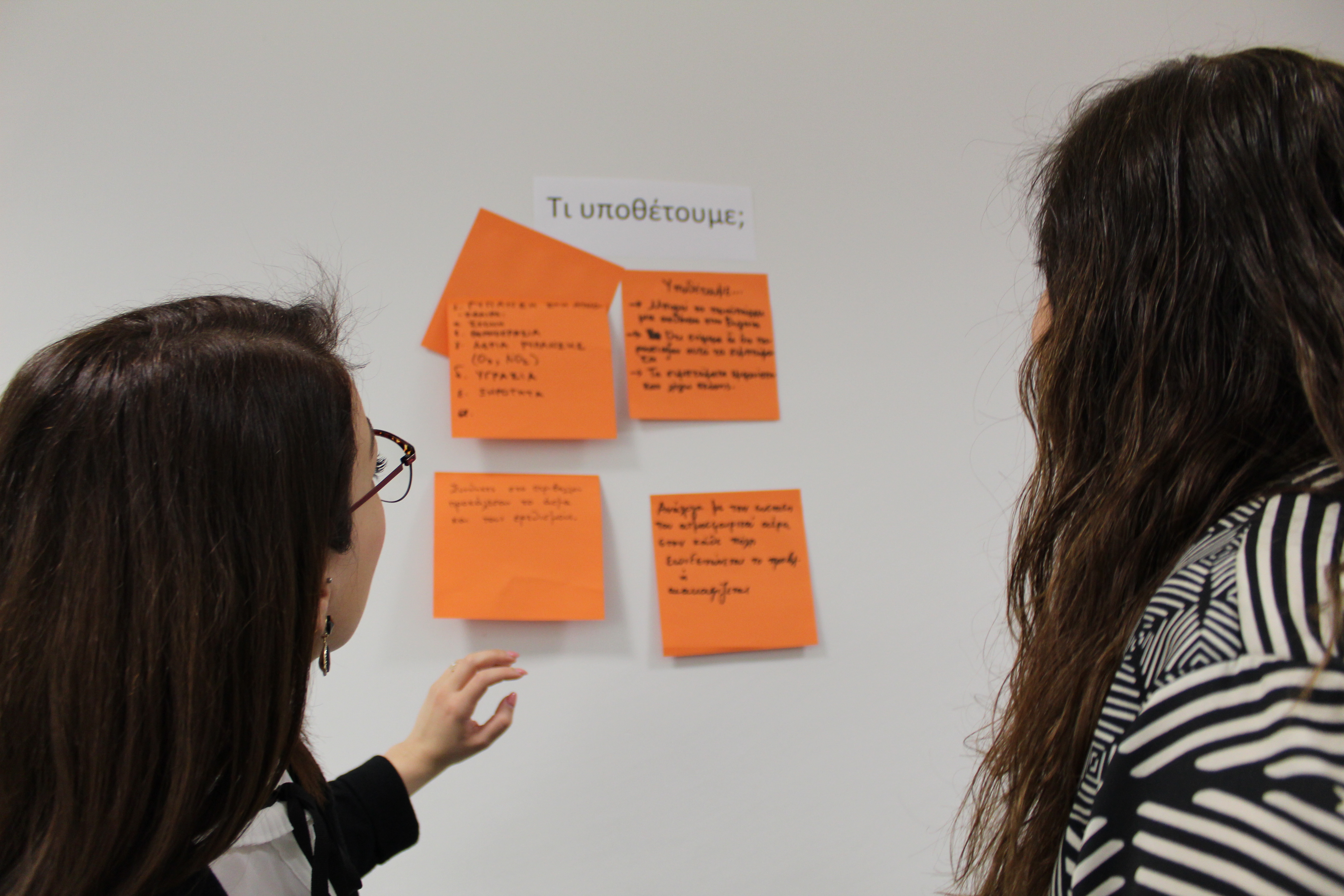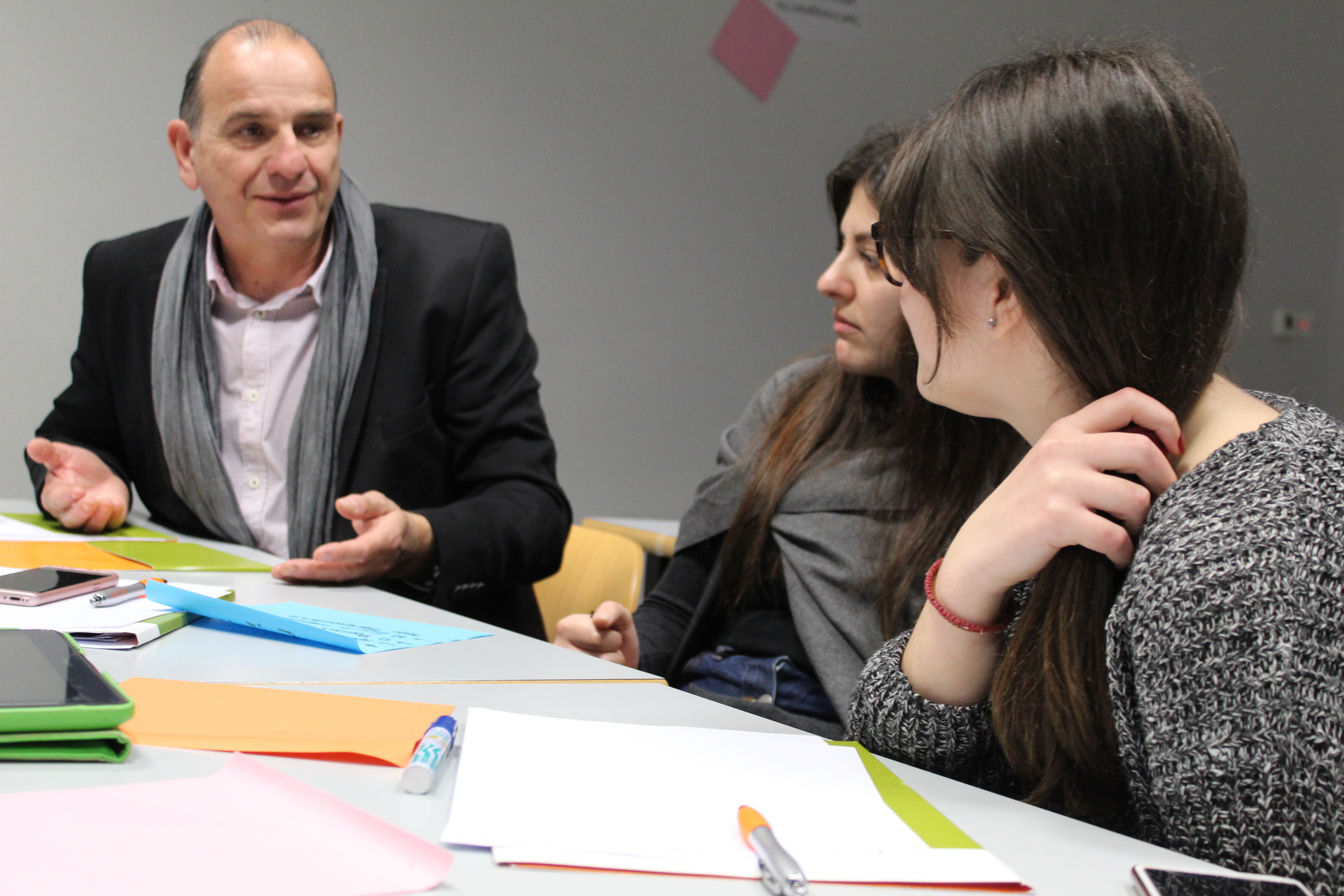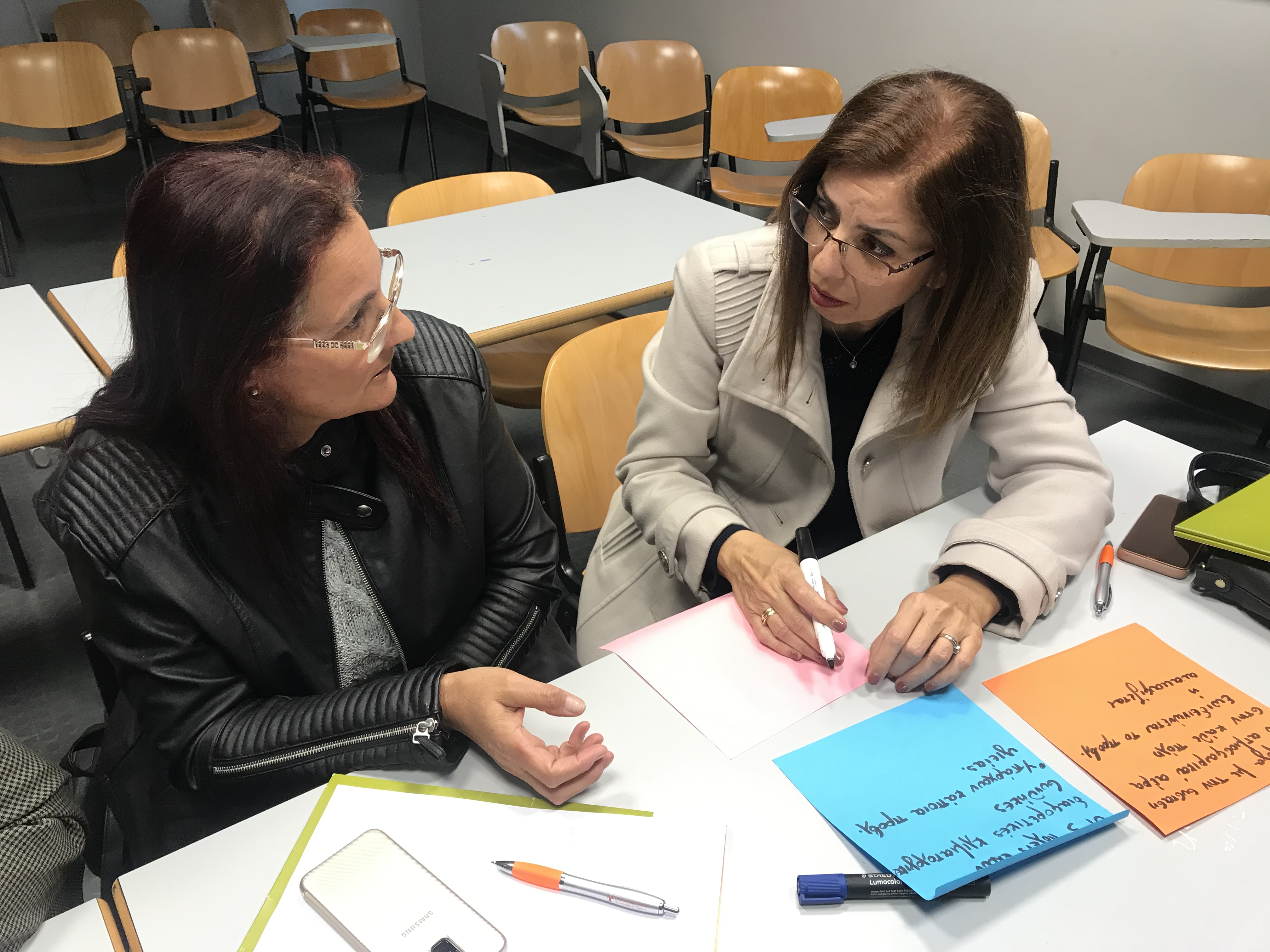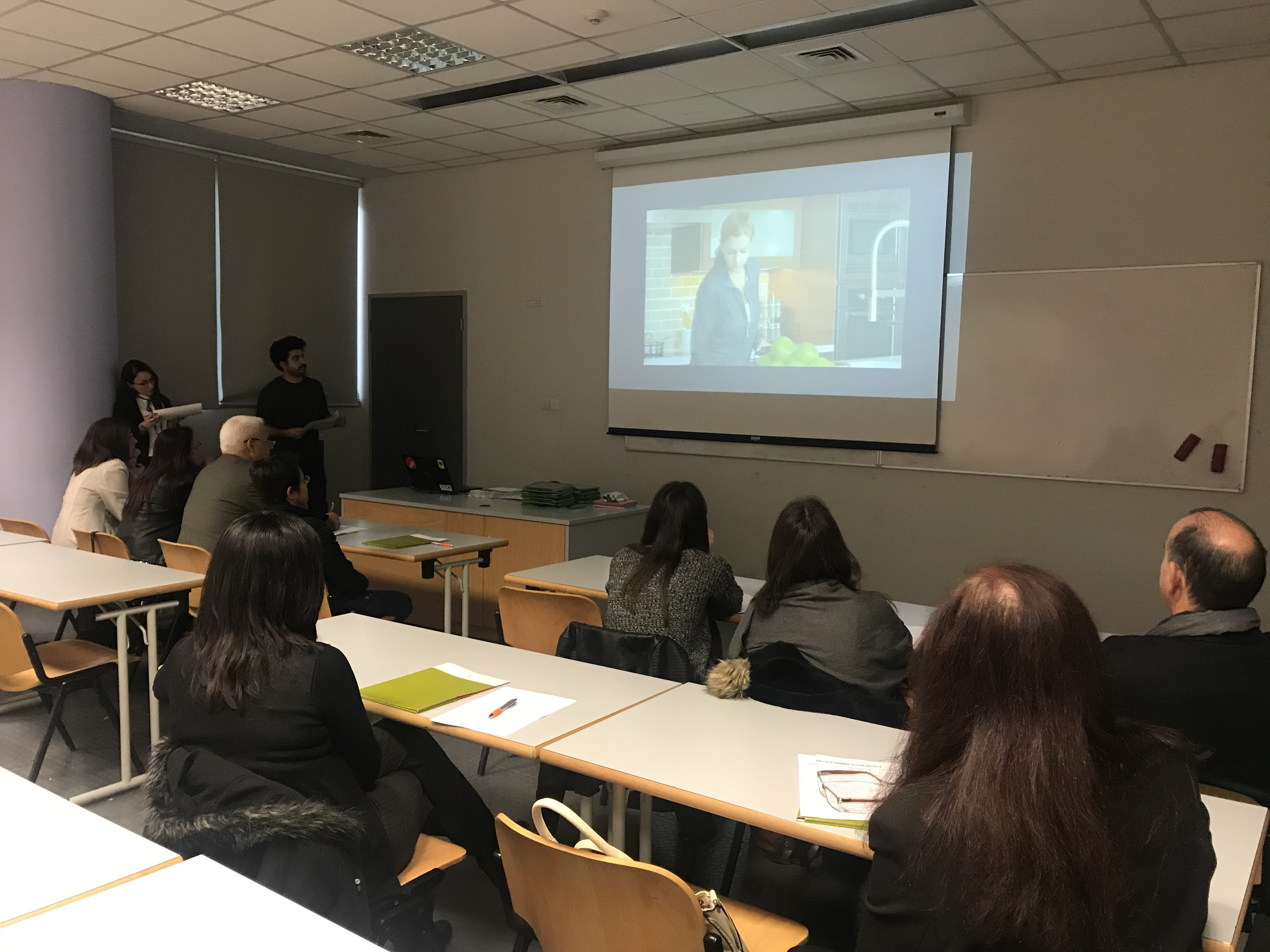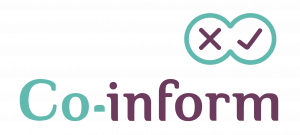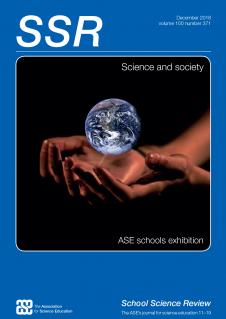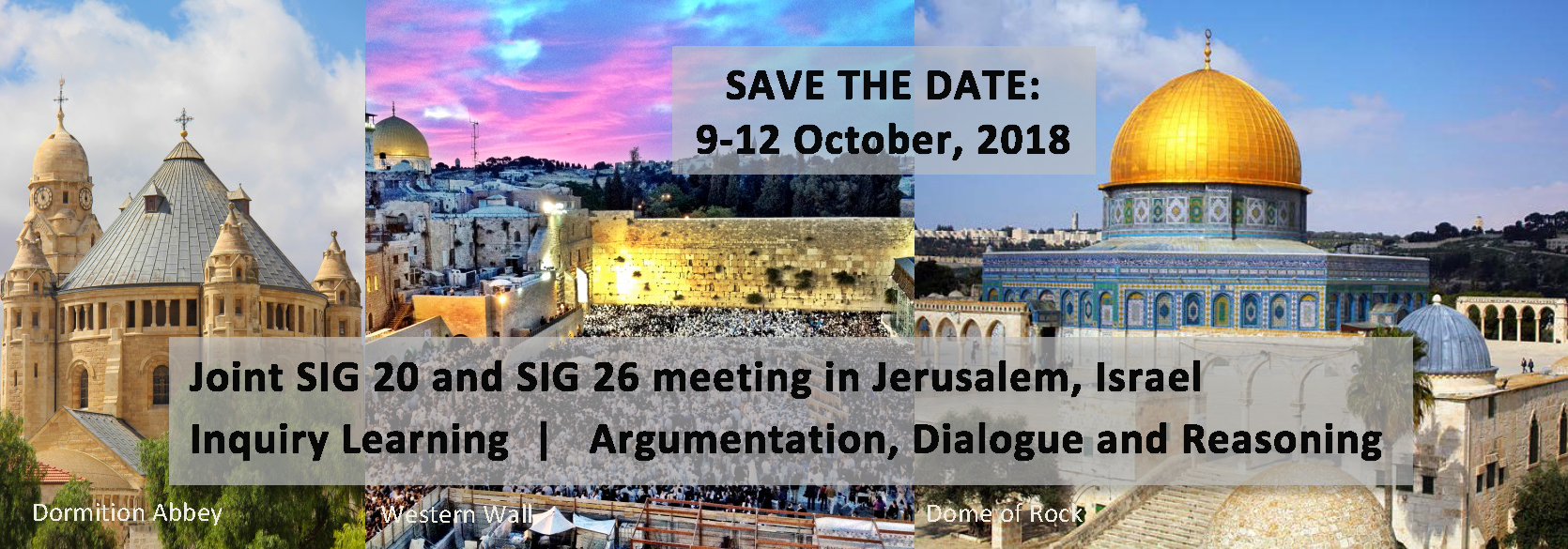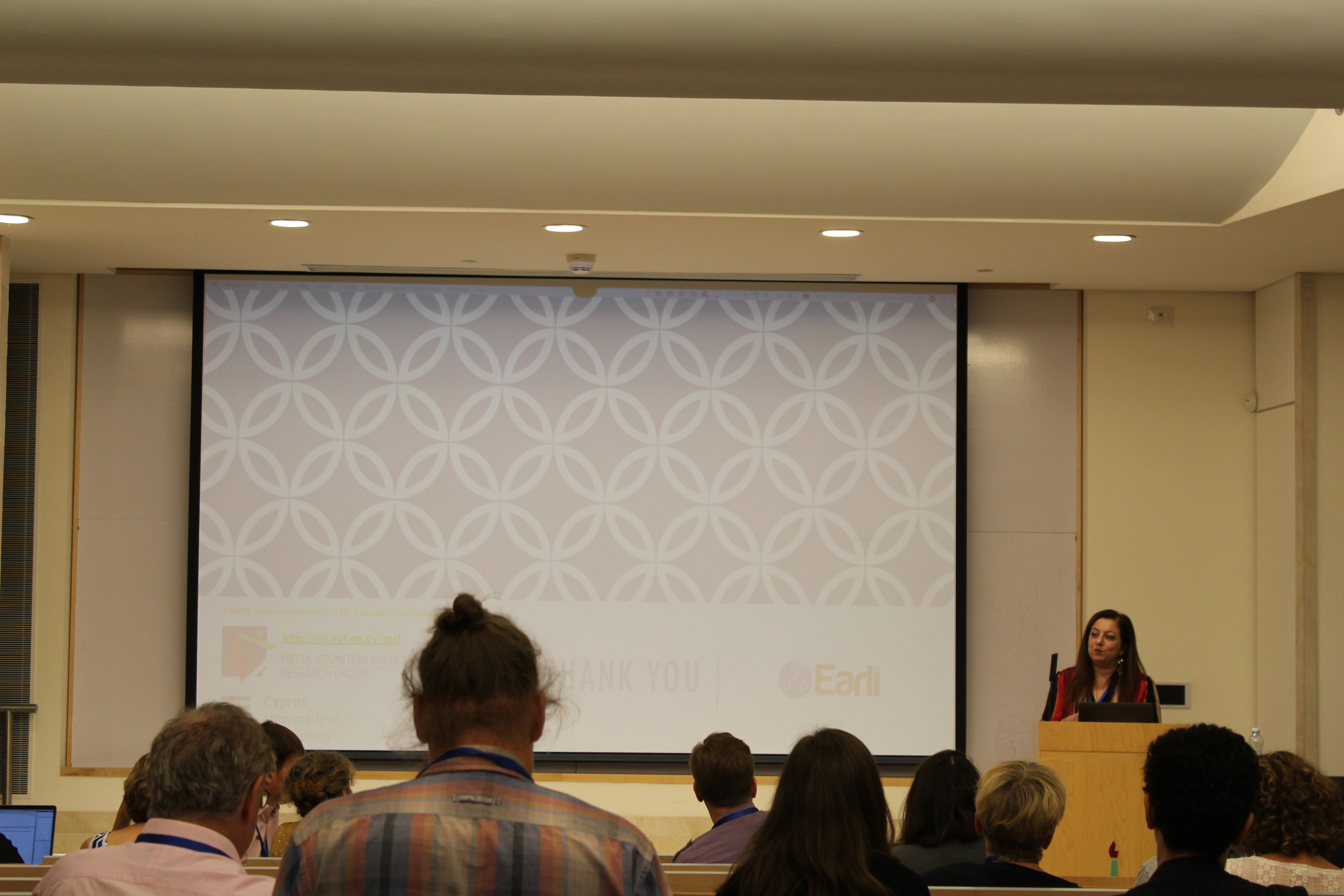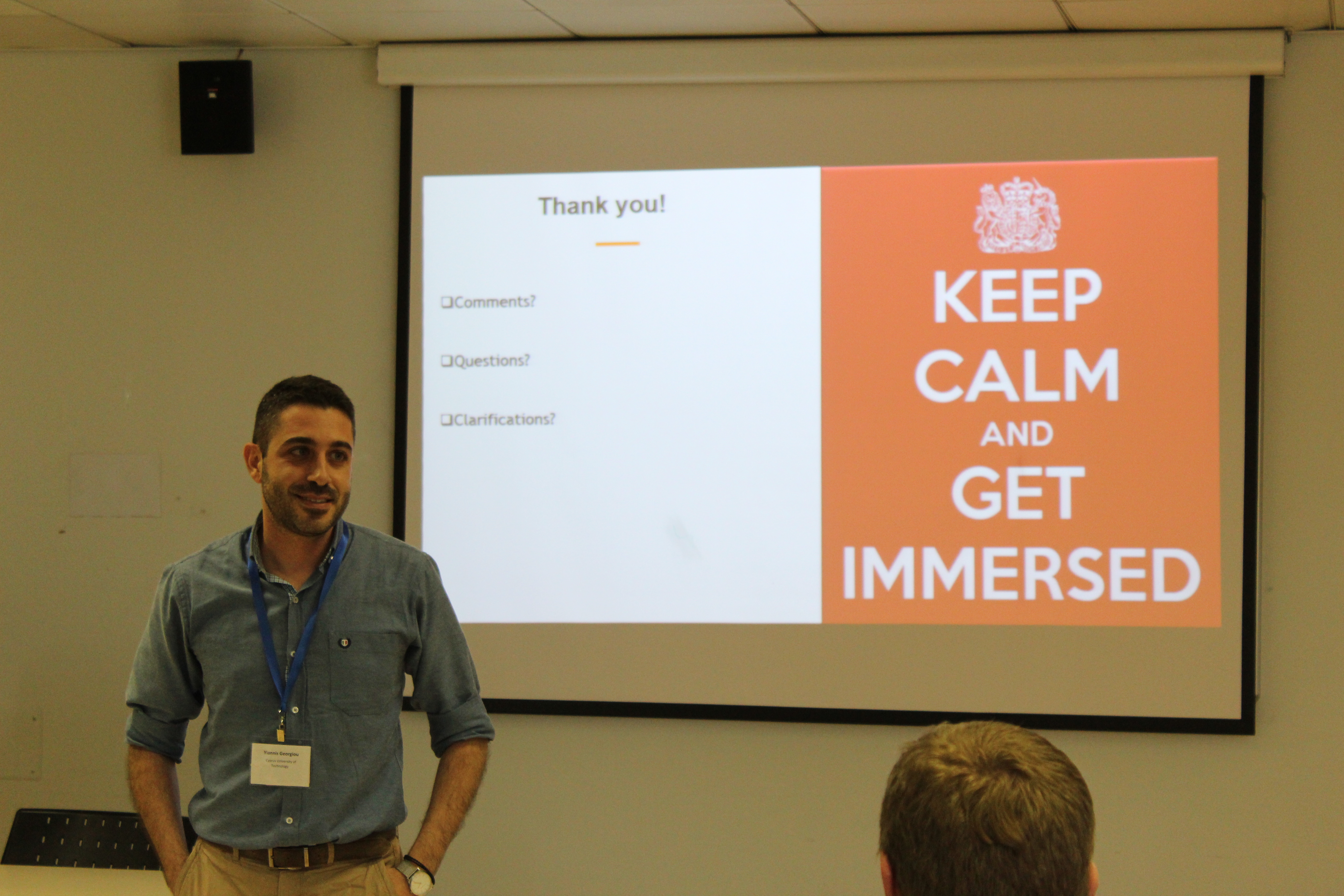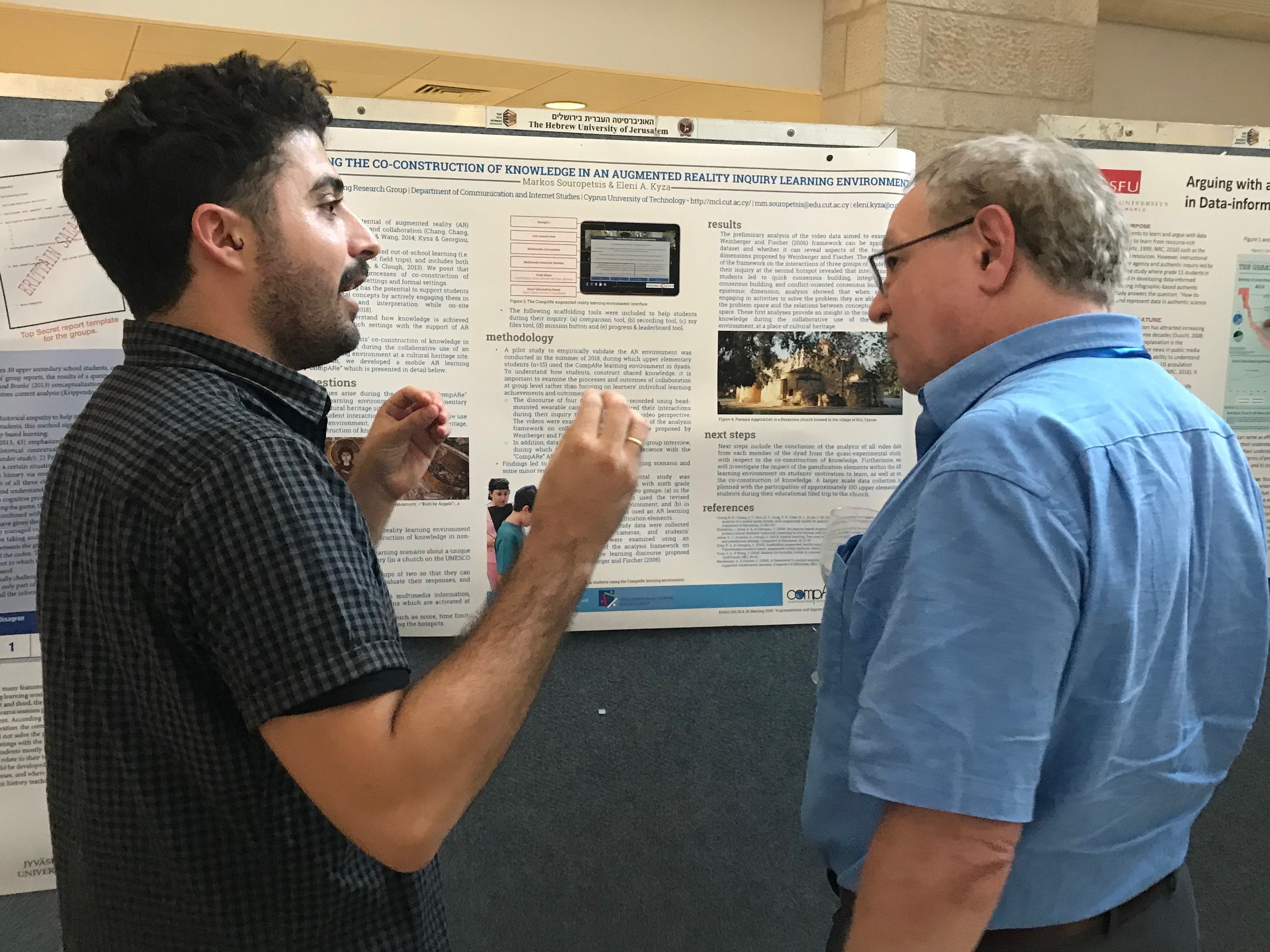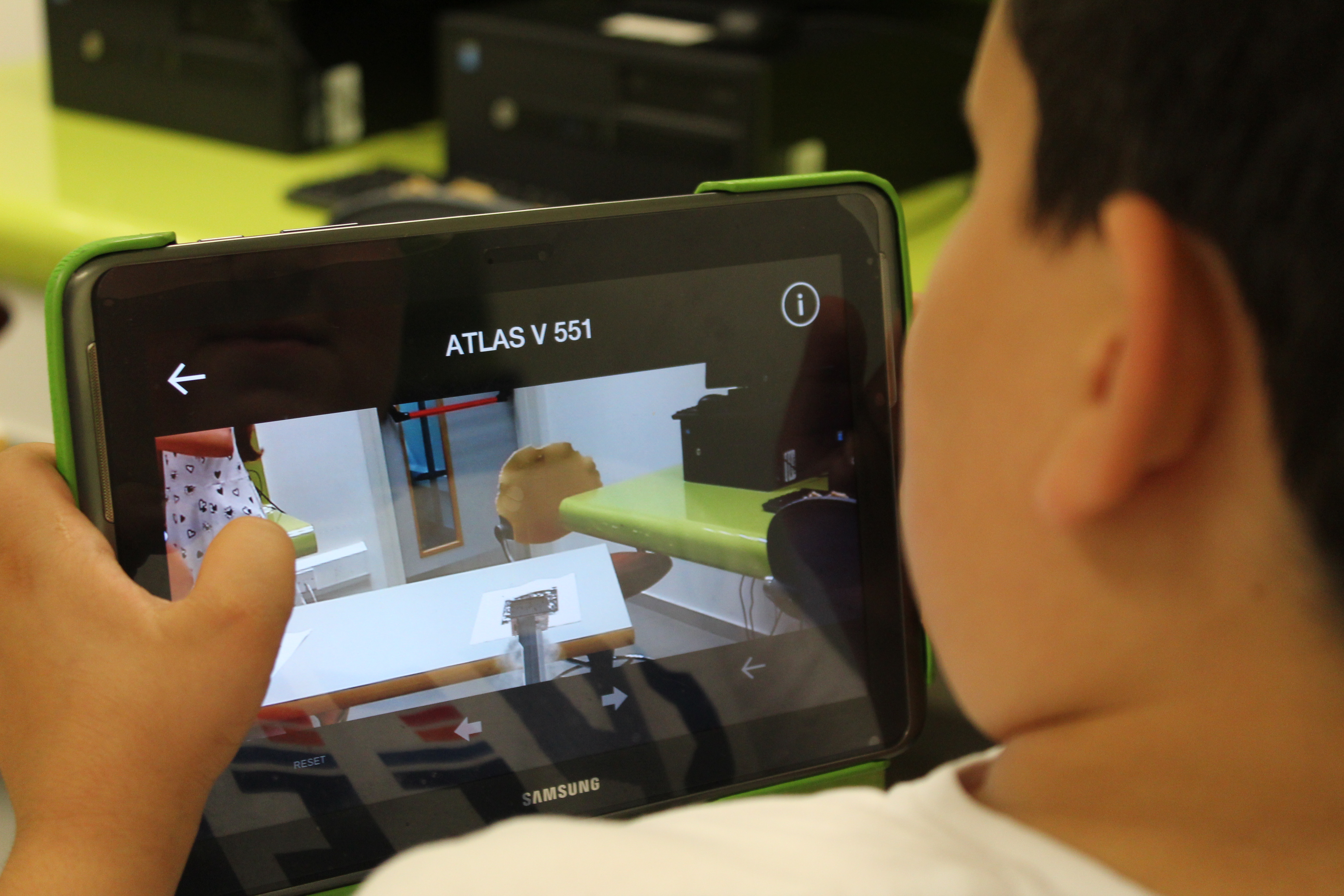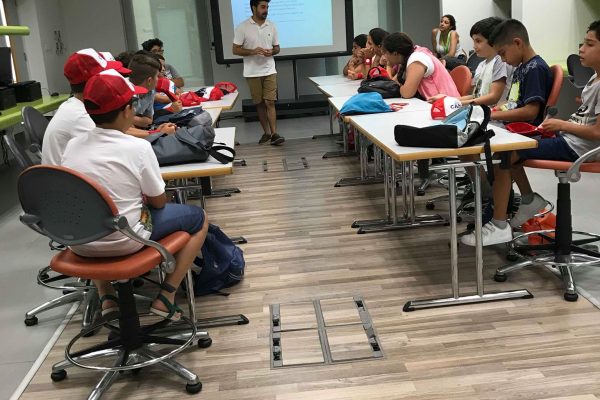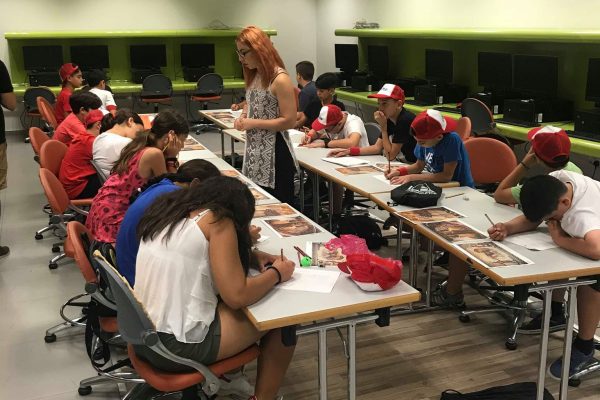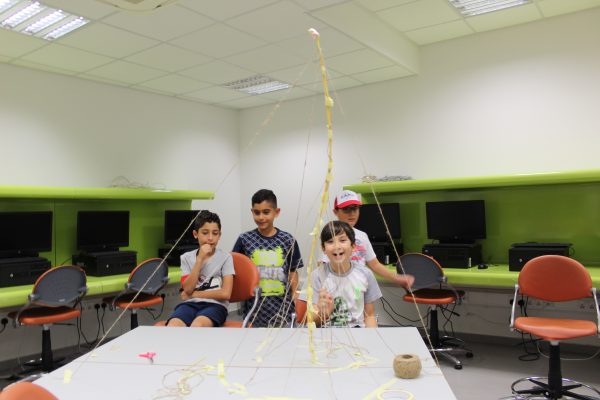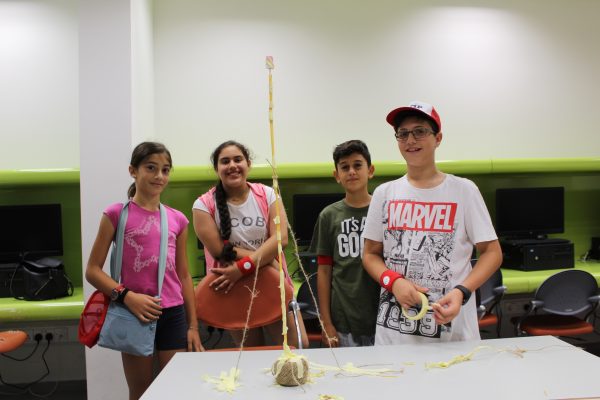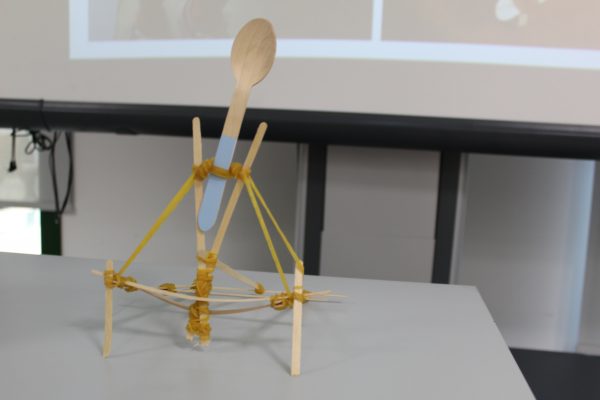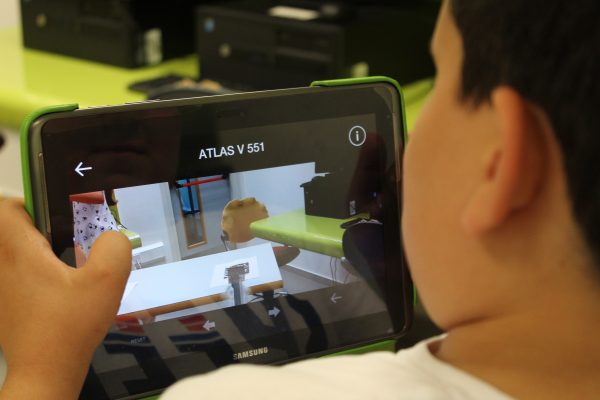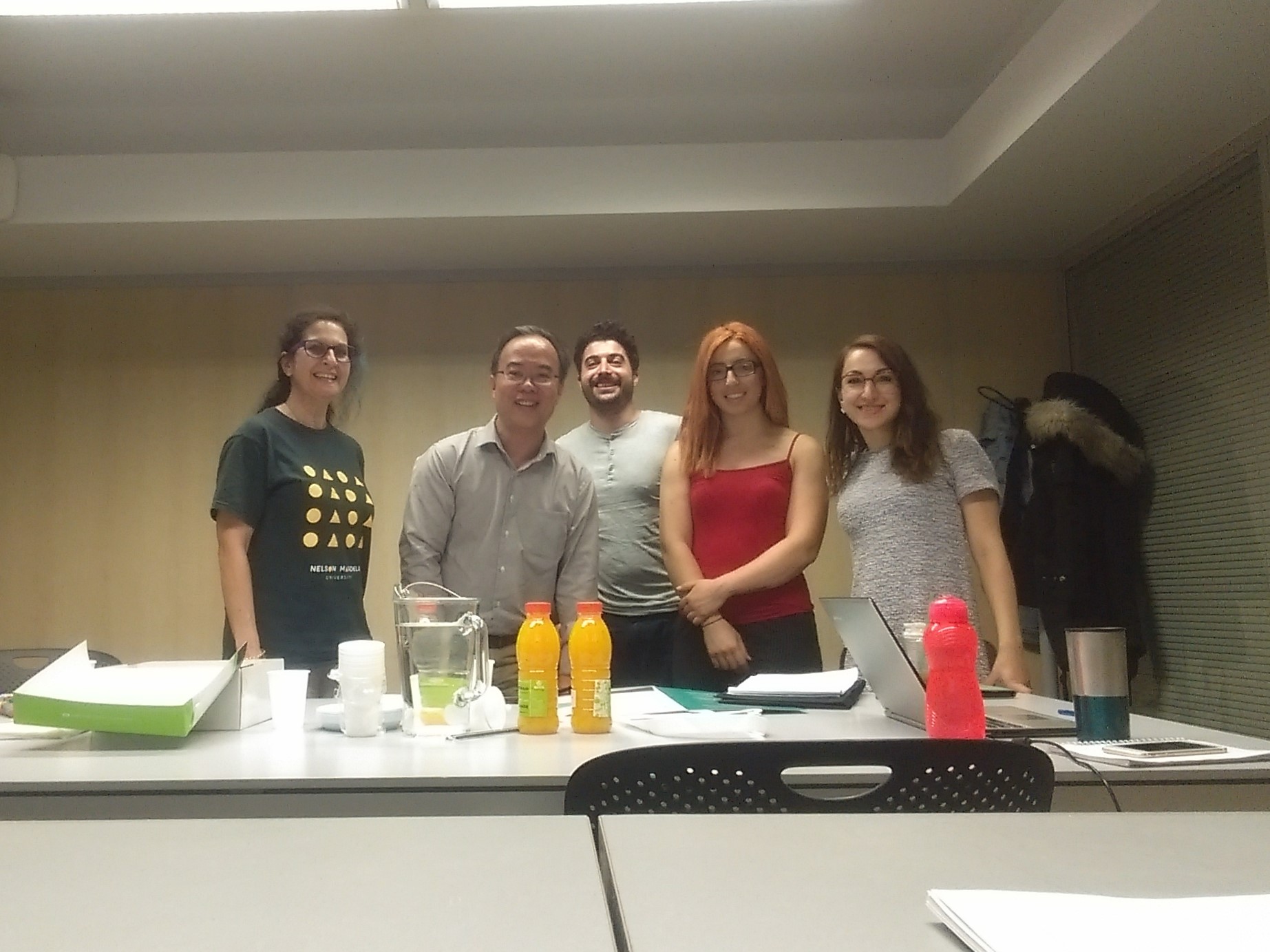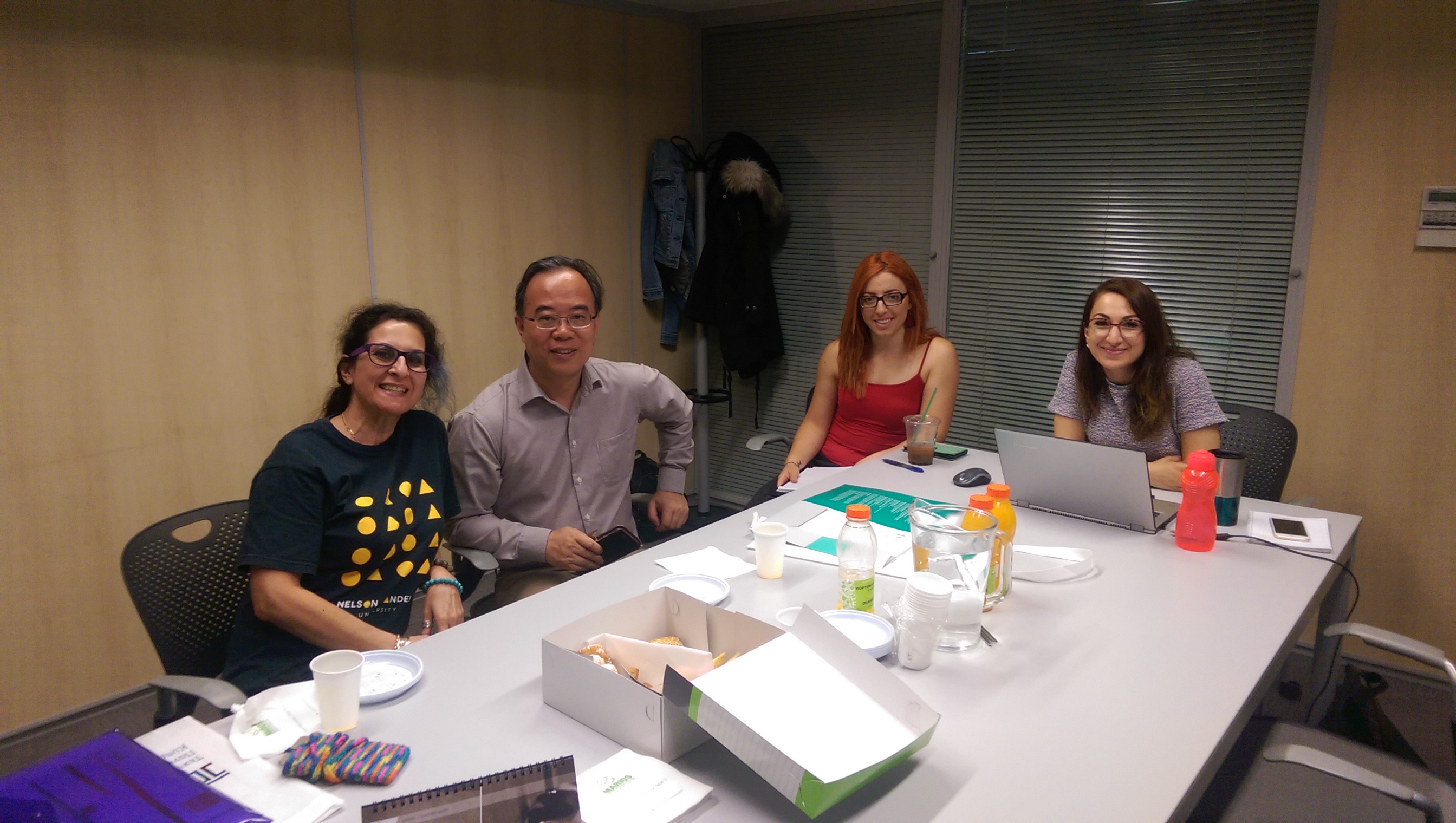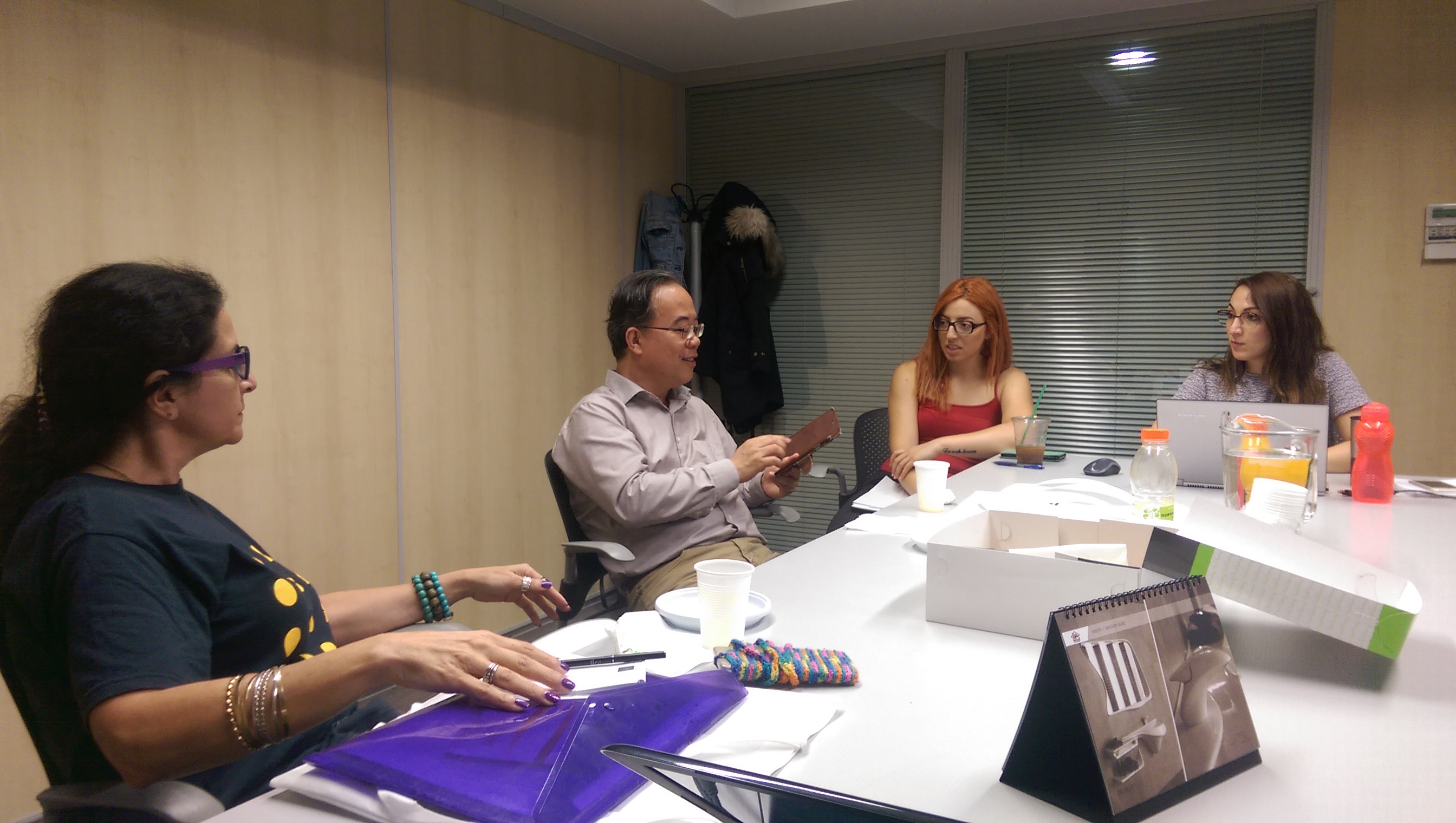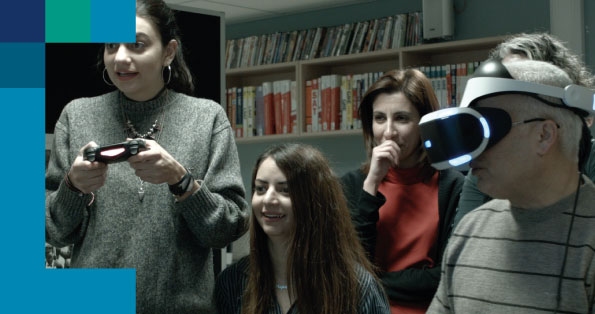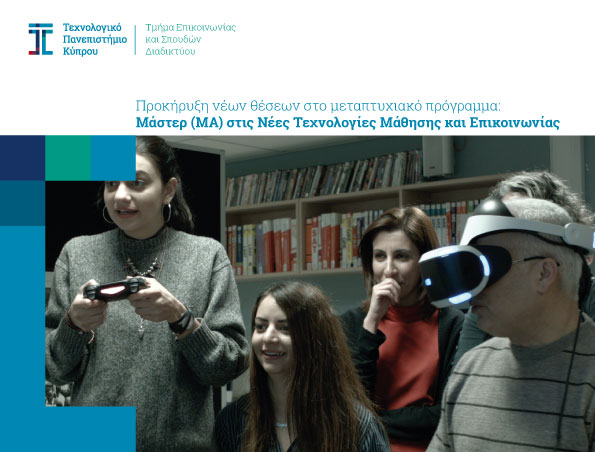
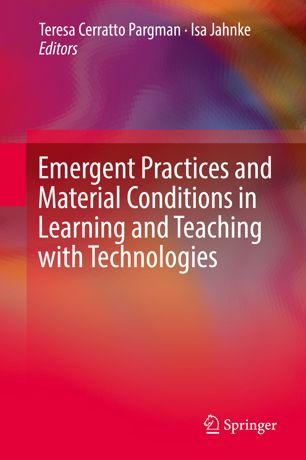
The work of MCL Director, Eleni Kyza, and former MCL member, Yiannis Georgiou, has been recently published by Springer in the book “Emergent Practices and Material Conditions in Learning and Teaching with Technologies”, edited by Teresa Cerratto Pargman and Isa Jahnke.
The chapter is titled “The Impact of Materiality on the Design of Mobile, Augmented Reality Learning Environments in Non-formal, Outdoors Settings”. In this chapter the authors discuss the socio-material aspects of effective learning with mobile Augmented Reality technologies in non-formal and outdoor learning conditions and emphasize that, as the field is still new, there is a need to consider optimal designs to enable and facilitate student learning.
The full citation of the chapter is:
Kyza, E. A., & Georgiou, Y. (2019). The Impact of Materiality on the Design of Mobile, Augmented Reality Learning Environments in Non-formal, Outdoors Settings. In T.C. Pargman & I. Jahnke (Eds) Emergent Practices and Material Conditions in Learning and Teaching with Technologies (pp. 183-197). Springer, Cham. doi:10.1007/978-3-030-10764-2
The book explores the complexities of interacting with digital technologies in the everyday flow of practices in schools, museums, and the home. This effort first begun at the Computer-Supported Collaborative Learning conference (CSCL) workshops, “Changing Teaching and Learning Practices in Schools with Tablet-Mediated Collaborative Learning: Nordic, European and International Views” and the workshop “Emergent Practices and Material Conditions in Tablet-mediated Collaborative Learning and Teaching”.
You can find the full content of the chapter and the book online.
Update 02/11/2020: Read an insightful review of the book “Emergent Practices and Material Conditions in Learning and Teaching with Technologies” by Ylva Lindberg


